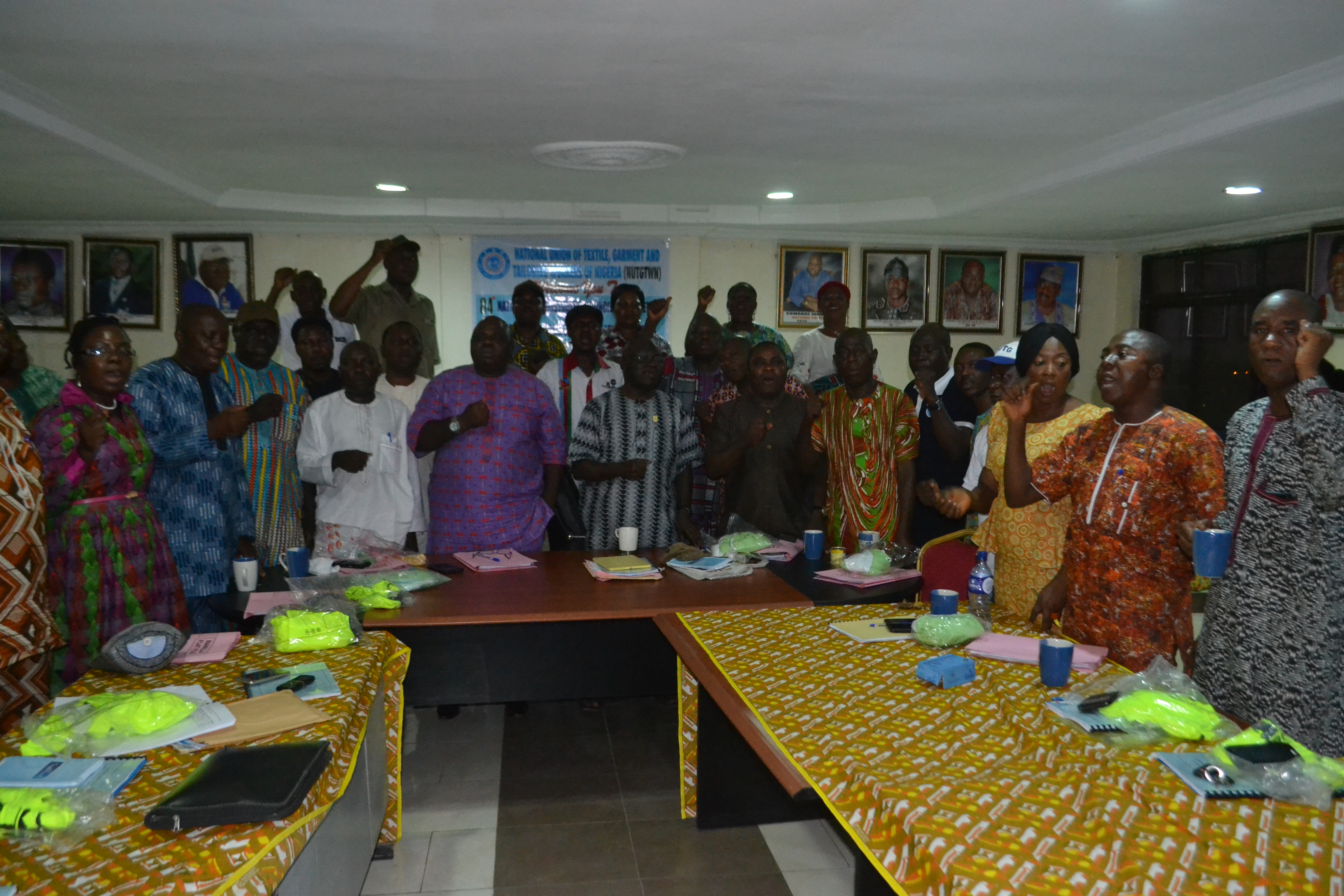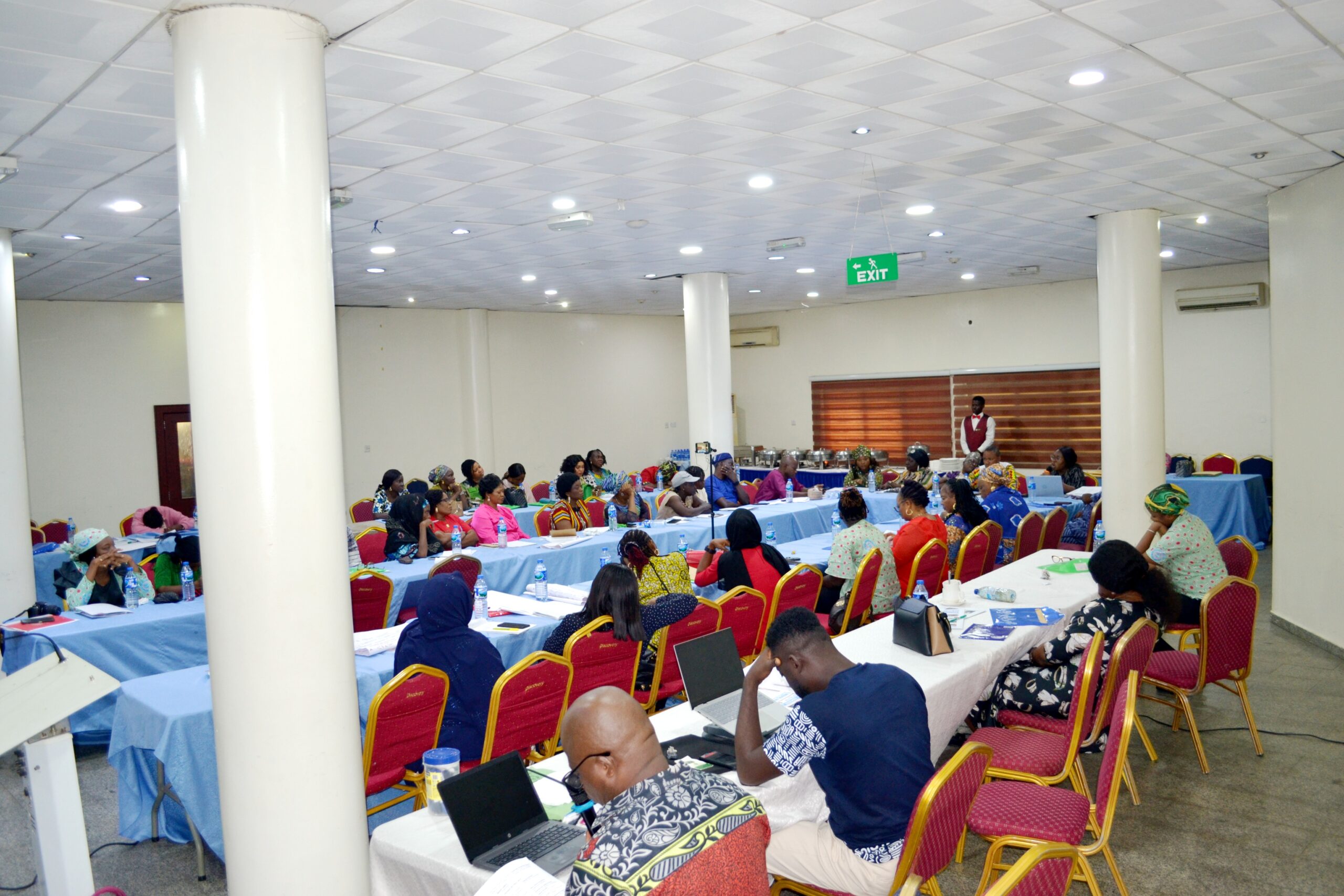
Tomorrow ‘Africa Special’ edition of a two-day World Pension Summit opens in Abuja with a focus on African developments in the pension industry. Tomorrow’s edition is the third of such. It is organized jointly with the National Pension Commission (PenCom) of Nigeria under the leadership of its Director General PenCom, Chinelo Anohu-Amazu. The first edition of the World Pension Summit ‘Africa Special’ took place in the context of the 10th anniversary of the Nigerian pension reform in Nigeria in July of 2014.
Undoubtedly the pan-African platform will once again focus on key aspects of pensions and social security and significantly draws attention to the plight of African pensioners. Pensioners’ lot in most African countries represents the worst dimension of crisis of compensation of the working people. The truth is that ultimately every working man and woman must get fatigue one day. Whether we want it or not, senility must eventually replace today’s abundant energy. Hence the need to prepare for the proverbial raining days by setting aside some funds that will at least meet the subsistence/ survival needs of the aged workers. The key word here is income adequacy after retirement. The above constitute the principles that informed the establishment of pension in both the public sector and private sector. These principles are certainly valid today.
With the collapse of the extended family support and traditional values of historic care and concern for the aged especially since the beginning of notorious structural economic adjustment, every active and young worker today can only ignore the issue of pension scheme at the instance of his/her sustenance after work. Pension schemes constitute an important and integral part of total compensation for workmen and women. The point cannot be overstated; pension is a legitimate right of workers. It is a deferred payment, which both the workers and employers must set aside so that workers at old age will not be living on some charity as if they are destitute. The challenge lies in how to make this principle work in Nigeria.
The good news is that Nigeria has initiated pension reform which is building sustainable funds to meet the income needs of retirees. Pension Act of 2004 initiated by President. Olusegun. Obasanjo represents a progressive labour legislation because it attempts to address the naughty issue of compensation after work. The scheme is strong on corporate governance arrangements that are radically different from the past mismanaged public sector schemes; National Pension Commission supervises the Pension Fund Administrators and Custodians. In 2014 President Goodluck Jonathan deepened the reform with a comprehensive review. Thus the PRA 2014 repealed the 2004 Act, and signed into law by the President on 1 July, 2014. The new features of the reform of 2014 include upward review of the minimum rate of contributions by employers to 12 per cent, employees to 8 per cent and sanctions and penalties against infractions of the provisions of the Act.
Furthermore, the PRA 2014 has introduced a provision that allows contributors seeking to own their primary homes, to apply part of their Retirement Savings Account balances as equity contribution for residential mortgage, subject to the Guidelines issued by the Commission. The process of issuing these Guidelines is at advanced stages being prepared by PENCOM. The hope is that this will facilitate to home ownership by pension contributors while bridging the housing deficit in Nigeria. Also the PRA 2014 has enhanced States and Local Government participation in the CPS by expressly prescribing the coverage of employees of States and Local Governments, in addition to the Federal Public service and private sector. The PRA 2014 Act has also made provisions for voluntary participation in the CPS, thereby paving the way for the coverage of the Informal Sector through the Micro Pensions initiative. Already, the Commission has commendably commenced a series of activities intended to kick start this initiative which focuses on the hitherto underserved segments of the Nigerian workers.
PenCom is partnering with organized labour and well established trade groups in that regard. It is noteworthy that the PRA 2014 has also addressed other issues aimed at ensuring the sustainability of the CPS. These include establishment of the Pension Protection Fund and Minimum Pension Guarantee.
President Muhammadu Buhari has the political will to deepen the pension reform by widening the coverage to include the army of informal sector workers. With over Naira 6 trillion (size of 2016 budget!) pension assets, covering just 8 million workers, wider coverage can create pool of much needed resources for development after meeting workers’ pension obligations. Nigeria has no basis selling national assets as it’s being unacceptably suggested recently when all we need to do is to rise up to the challenge and grow more assets including pension assets. President Buhari must clear the arrears under the old pension scheme by committing resources in national budget to do that.
Already PenCom commendably pays some billion naira monthly to some 60,000 retirees under the new Contributory pension scheme, a radical departure from the hitherto unfunded non-contributory scheme. However in recent times liabilities are building up as some government departments are defaulting in making allocations for contributions of employees whose monies are deducted but not remitted to the relevant PFAs. Government lacks moral authority to enforce private sector compliance when it defaults on its own remittance. The president must therefore strengthen the new contributory pension scheme by ensuring adequate budget funding of pension provisions.









